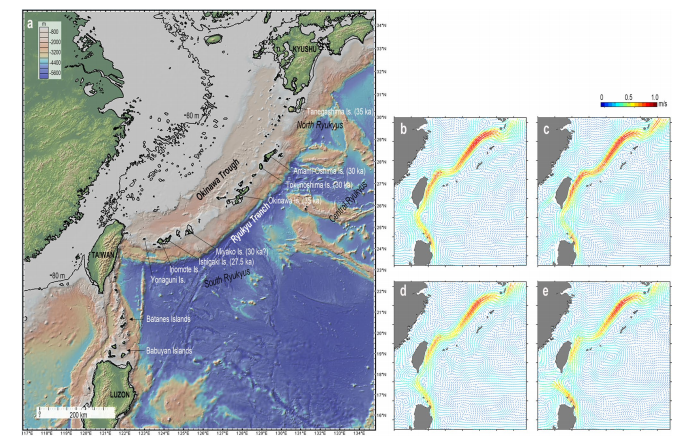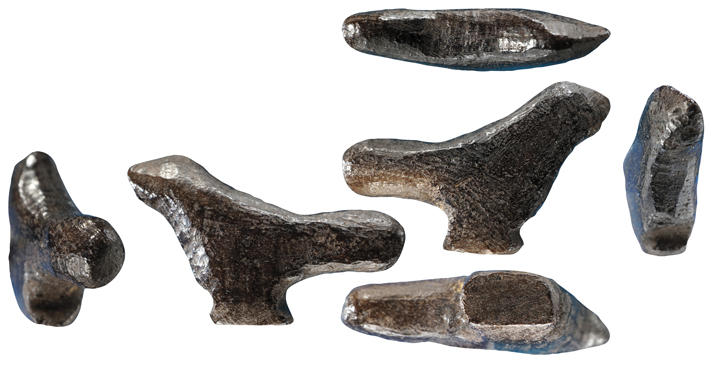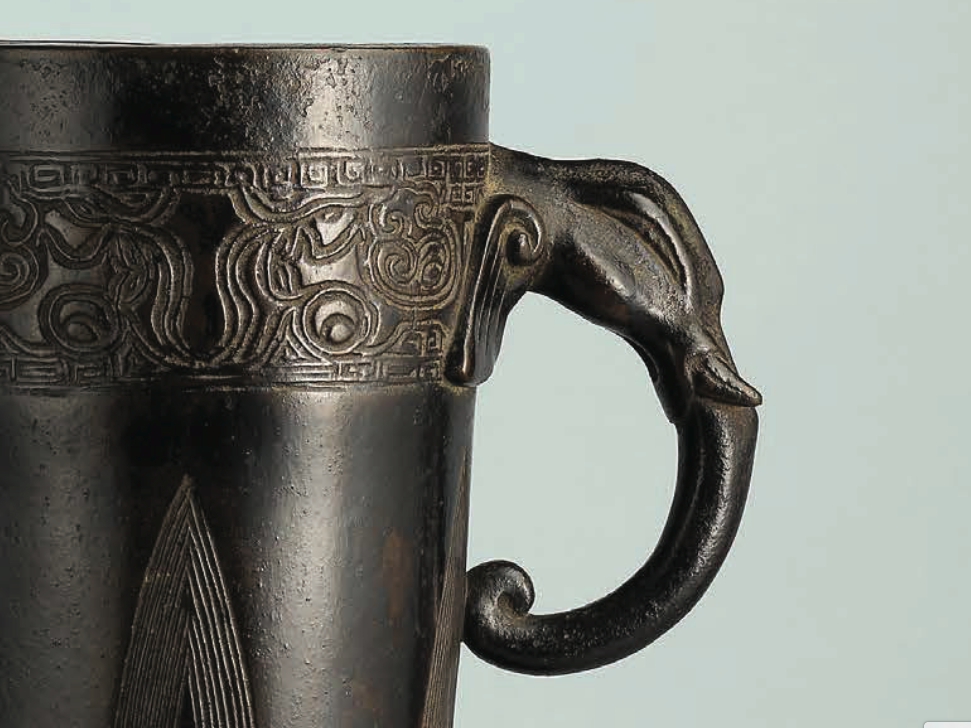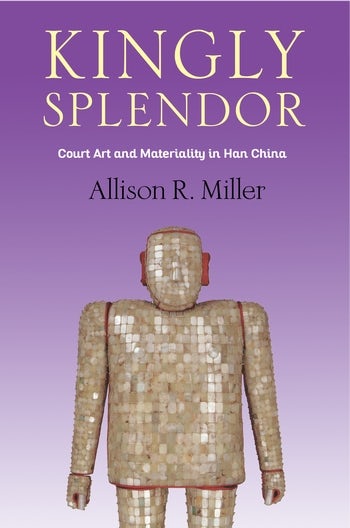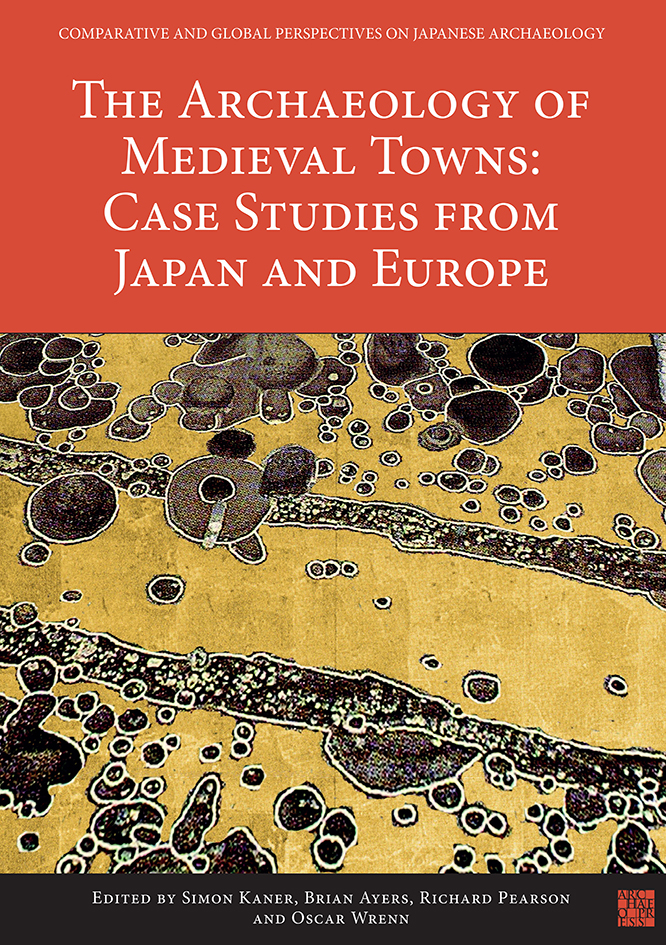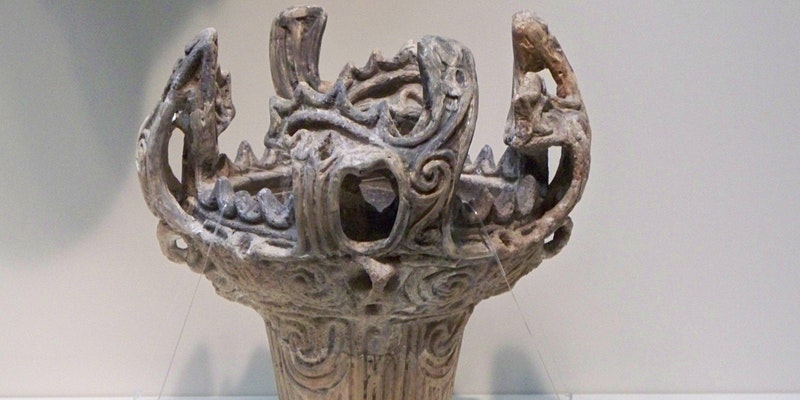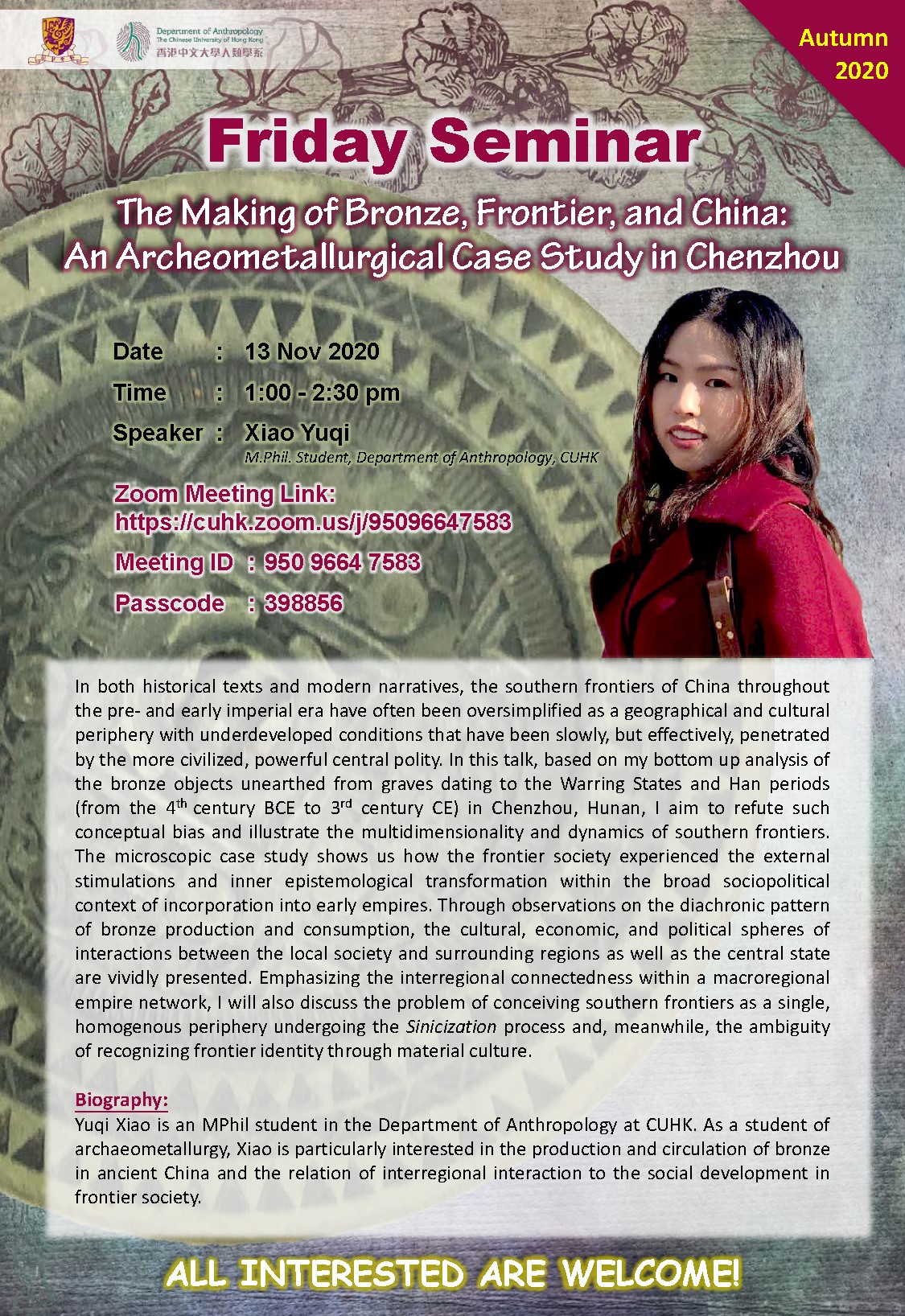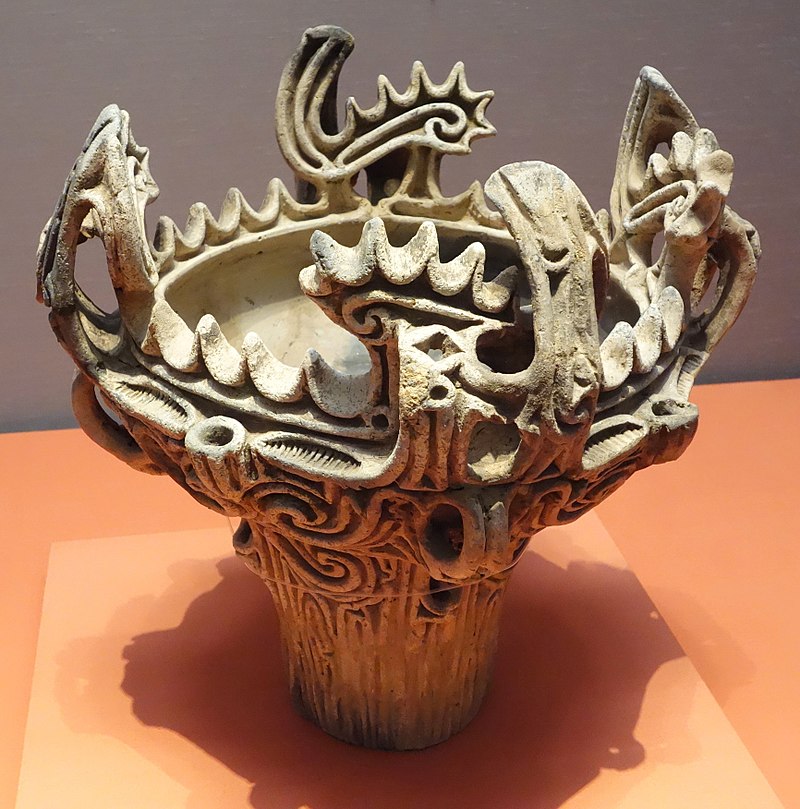SEAA News Blog
New fieldwork or research discoveries? Upcoming conference or workshop? New job opening or fellowship posting? New book?
Share the latest news of your work with your colleagues, advertise for job or fellowship openings, find participants for your conference session and more on the SEAA blog.
Guidelines: All posts should be related in some way to East Asian Archaeology. When writing your post, please use capital letters for surnames. Original script (Chinese, Korean, Japanese) for East Asian place names, personal names, or archaeological terms is encouraged. For the transcription of East Asian language terms, Pinyin for Chinese, Hepburn for Japanese, and the Korean Government System (2000) for Korean is encouraged.
Contributions should be limited to around 500 words and 1-2 images. For longer descriptions of your projects, you may consider the Reports section of the Bulletin (BSEAA).
Members can submit their news posts to the SEAA web editor via the website (see SEAA Members' Area for details and instructions on blog submissions) or via email. Non-member contributions are also welcome and may be submitted via email to the SEAA web editor.
The editor(s) reserves the right to carry out minor editing, or to decline contributions inappropriate to the objectives of SEAA.
The Esherick-Ye Family Foundation is pleased to announce its fifth annual competition for small grants of up to $5,000 to support projects in modern Chinese economic, social, and political history or in archaeology.
In the past, grants have been used to support travel to China for a month or two of research or field work. In light of current pandemic conditions, the Foundation is this year open to research proposals that do not involve travel to China. Grants are available for graduate students and untenured faculty.
The Western Han dynasty (202 BCE–9 CE) was a foundational period for the
artistic culture of ancient China, a fact particularly visible in the era’s
funerary art. Iconic forms of Chinese art such as dazzling suits of jade;
cavernous, rock-cut mountain tombs; fancifully ornate wall paintings; and
armies of miniature terracotta warriors were prepared for the tombs of the
elite during this period. Many of the finest objects of the Western Han have
been excavated from the tombs of kings, who administered local provinces on behalf of the emperors.
Pembroke College, Oxford wishes to appoint a Junior Research Fellow (JRF) in Chinese Studies of any area, discipline or period. The appointment will be from 1 September 2021 for three years.
The Stanley Ho JRF in Chinese will be expected to conduct original research in their chosen field and to contribute to the development of Chinese studies at Pembroke College. This will include assisting students reading Chinese in the college with advice and mentoring. Teaching opportunities may also be available through the Oriental Studies Faculty and with the consent of the Fellow in Chinese.
In recent years, major new archaeological discoveries have redefined the development of towns and cities in the Japanese archipelago. The uncovering of the plans of major port towns such as Sakai, Kusado Sengen and Ichijōdani, and the revealing of early phases in the development of cities such as Kamakura and Hakata provide an important new resource in understanding the cultural and economic processes which shaped medieval Japan.
This fully illustrated book provides a sampler of these findings for a western audience. The new discoveries from Japan are set in context of medieval archaeology beyond Japan by accompanying essays from leading European specialists.
In this short survey of Jomon pottery, Dr. Ali Ghobadi will explore some basic topics of Jomon archaeology so that viewers can better understand the ancient Jomon people who were making the myriad pottery designs that we see today in museums in Japan and throughout the world. A variety of ceramic pots, figures, and objects covering more than 10,000 years of Japanese (pre)history will be featured, including several that have been designated as “National Treasures” of Japan.
The Department of Anthropology at the Chinese University of Hong Kong will be hosting a seminar The Making of Bronze, Frontier, and China: An Archeometallurgical Case Study in Chenzhou" by Xiao Yuqi on Nov 13, 1-2:30 PM (GMT+8) via Zoom https://cuhk.zoom.us/j/92651551623).
James Loftus, a Ph.D. Candidate at Kyushu University has compiled a list of useful online databases and general resources related to Japanese archaeology. You can check it out in his article via the following link: https://digitalorientalist.com/2020/10/27/digital-resources-for-the-stu…

